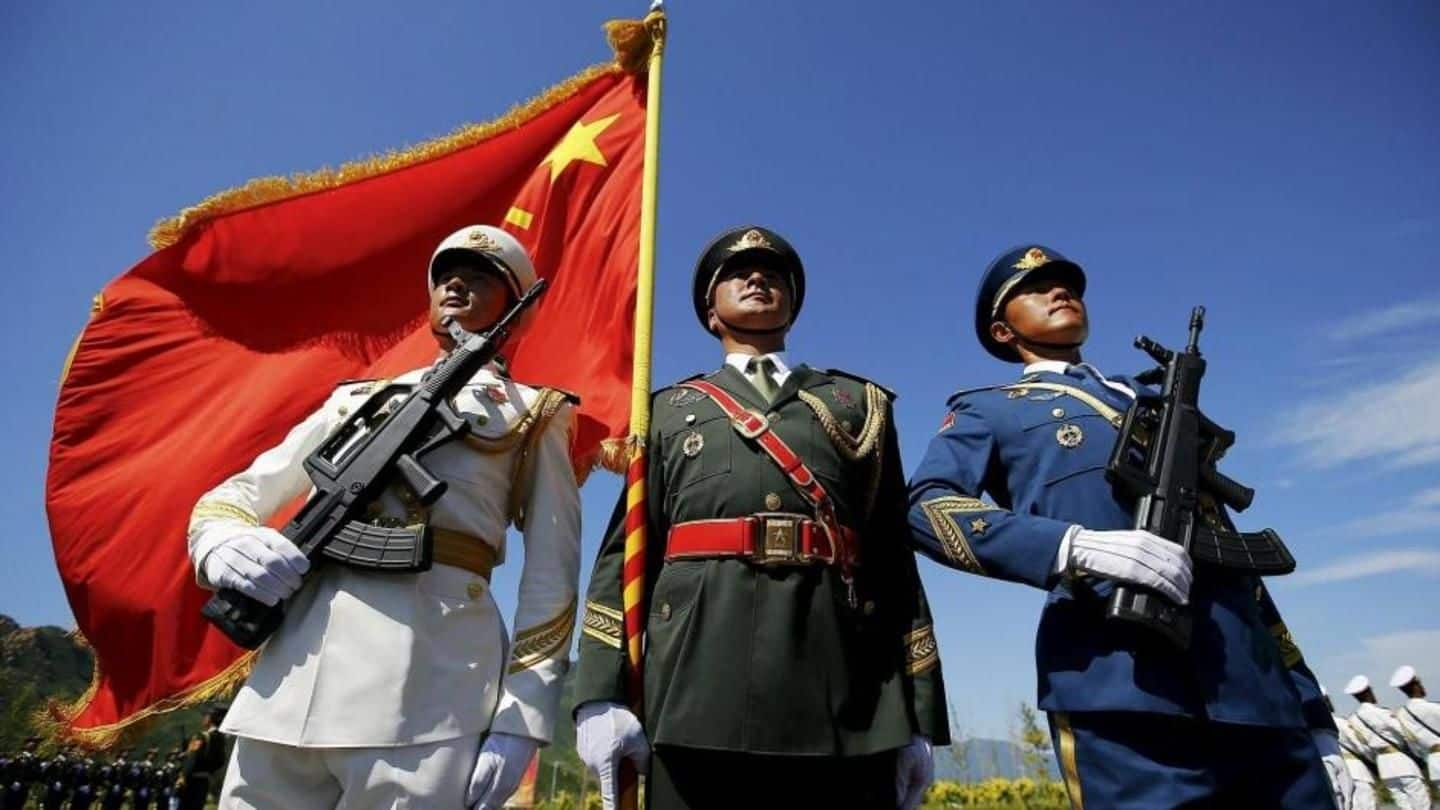
China's PLA conducts military-drills, the first in Tibet since Doklam
What's the story
Two days ago, China's People's Liberation Army (PLA) carried out drills to test their logistics, armament support capabilities and military-civilian integration, the first such exercise in Tibet since the Doklam standoff. Analysts have called it a significant move towards building regional military-civilian integration. However, the climate and topology of the Qinghai-Tibet Plateau hampered provision of logistics and armament support to the soldiers.
Flashback
Expert reminds of 'poor logistics support' during 1962 India-China war
Chinese media didn't give out many details, but the exercise was hailed as bringing together local companies and the government, a step towards 'building a strong military.' To make the point, military expert Song Zhongping told Global Times: "In the 1962 China-India conflict, China couldn't protect its fruits of victory due to poor logistics support. Although Tibetan residents (assisted) soldiers, it wasn't sustainable."
Impact
During this drill, local company, Lhasa government displayed 'military-civilian integration'
To solve such difficulties, the military has adopted a military-civilian integration strategy and constantly advanced logistics support capabilities, Zhang Wenlong, head of the command logistics support department, told Xinhua. During this exercise, a petroleum company supplied fuel during shortage, while the Lhasa city government steadily delivered food to soldiers. "The drill showed military-civilian integration is a feasible strategy and could help form stronger combat power," Zhongping said.
Information
About the 73-day India-China standoff?
A Sino-India deadlock occurred in Doklam during June-August last year. Significantly, this impasse began after Indian Army asked China to halt road construction there. The atmosphere cooled after both the countries agreed to pull back their troops and China promised to stop road construction.
Relations
How have Sino-India relations been since the Doklam stand-off?
After the standoff, PM Narendra Modi and Chinese counterpart Xi Jinping met in September'17, then at an "informal summit" in Wuhan in April, and at the Shanghai Cooperation Summit in Qingdao this month. They promised to work towards developing relations. However, China has been ramping up infrastructure in the disputed area. Foreign Minister Sushma Swaraj too reached Beijing in April for a four-day visit.